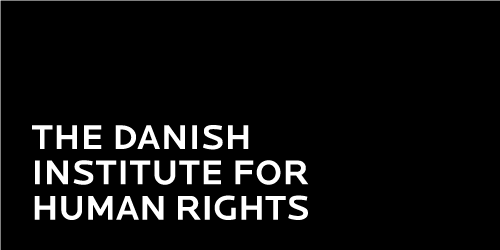Location
The Danish Institute for Human Rights is an independent state-funded institution. Our mandate is to promote and protect human rights and equal treatment in Denmark and abroad.
We are Denmark’s national human rights institution. We are also a national equality body in relation to race and ethnicity and gender. Furthermore, we have a special role in the disability area where we promote and monitor the implementation of the UN Convention on the rights of persons with disabilities.
In Denmark, we advise the government, the parliament, ministries and public authorities on human rights, among other things, when new legislation is suggested.
We produce analyses and research on human rights, for instance about children with imprisoned parents, legislation on terrorism, the rights of stateless human beings and equal pay.
We carry out specific projects to promote equal treatment and advise those who may have been discriminated against.
We map out the biggest human rights challenges in Denmark as well as the yearly improvements in the area. For more information, see our annual Status Report and The Annual Report to the Danish Parliament.
Internationally, we work with states, independent organizations and the corporate sector, enabling them to strengthen human rights.
We assist in building well-functioning legal systems abroad and to ensure the influence of civil society.
We aid private companies in assessing the impact of their work on human rights.
We educate police officers, school teachers, ombudsmen, and judges on human rights.
Members:
Resources
Displaying 6 - 6 of 6RESOLVING LAND DISPUTES IN POST-CONFLICT NORTHERN UGANDA
Post-conflict northern Uganda has witnessed an increase in disputes over land. This has, to a great extent, been as a result of the armed conflict and its aftermath. Beyond that, other chaotic factors embedded in various social, legal, economic, and political aspects of this society have influenced the nature, gravity, and dynamics of these disputes and the way in which Traditional Institutions and the Local Council Courts have attempted to resolve them.


